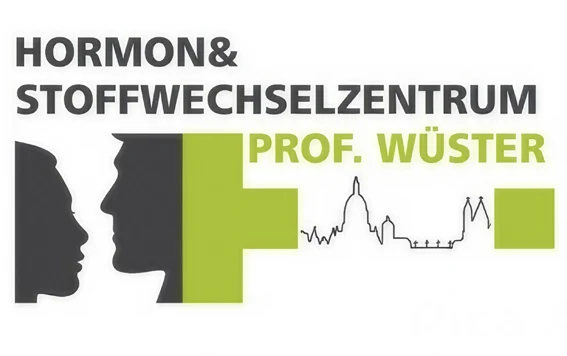Endocrinologist (Mainz) informs about the role of the thyroid gland
The inconspicuous thyroid organ influences metabolic processes in many parts of the body
MAINZ The thyroid gland is an inconspicuous organ that lies below the head of the throat. With its lateral lobes and its connecting middle lobe, it resembles the shape of a butterfly. The thyroid gland weighs just a few grams (up to 18 grams in women and up to 25 grams in men). It can hardly be felt by a layperson. And yet it fulfils a very important function in our body. Hormones produced by the thyroid gland control numerous processes in our body, for example the nervous system, the functioning of the cardiovascular system, the growth of our body or the entire metabolism.
There is no question that the two hormones called triiodothyronine (T3) and tetraiodothyronine (thyroxine, T4) are vital. The messenger substances determine whether our body is running on low or high, how high our energy consumption is and how we feel. Our state of mind, our sexuality and fertility, even the growth of our fingernails are influenced by the thyroid gland. And this already happens in the womb.
Mainz endocrinologist: thyroid gland controls physical and mental development
The thyroid gland significantly controls our entire physical and mental development. The pituitary gland and hypothalamus are in turn responsible for controlling the thyroid gland.
They ensure that the thyroid gland produces the right amount of hormones. Reason enough for endocrinologist Prof Dr Christian Wüster from Mainz to devote special attention to the thyroid gland. Only those who are aware of the role of the thyroid gland can understand its signals. Regular check-ups ensure that malfunctions of the thyroid gland are recognised early so that treatment can be administered in good time. This is also because thyroid disorders are often not even noticed by the affected patient at an early stage. Changes should be taken seriously and not trivialised. Diseases of the thyroid gland can have a massive impact on the body and severely restrict quality of life. In rare cases, surgery is necessary.
Picture: © ALDECAstudio/Fotolia

